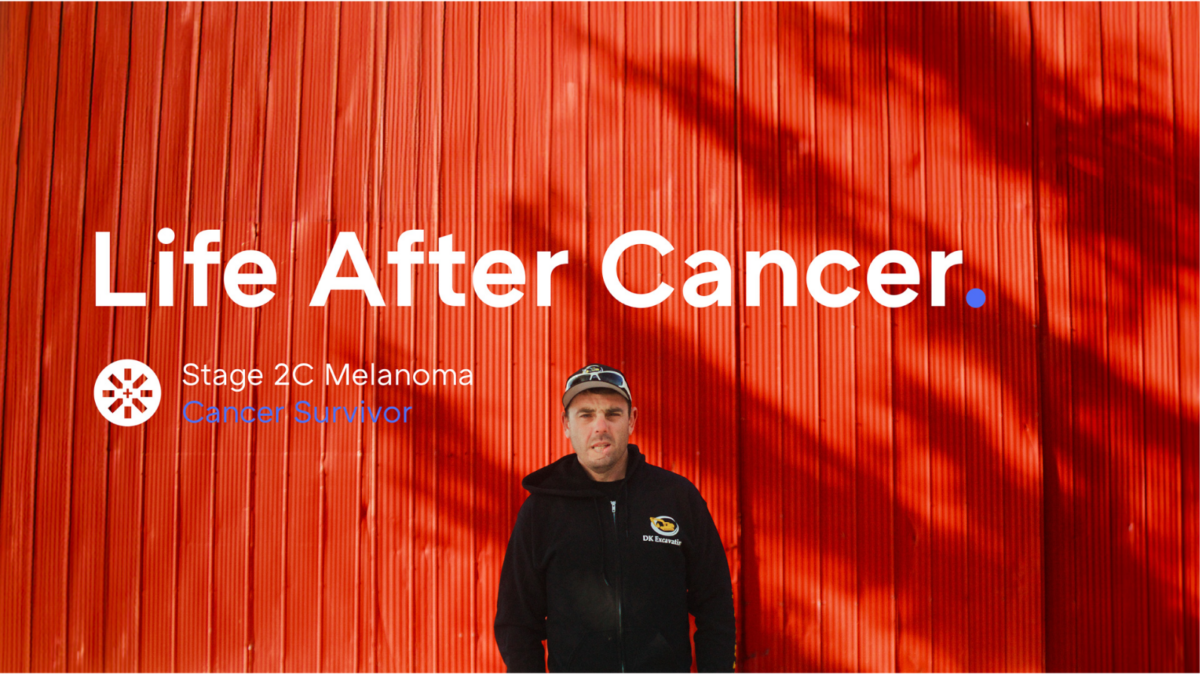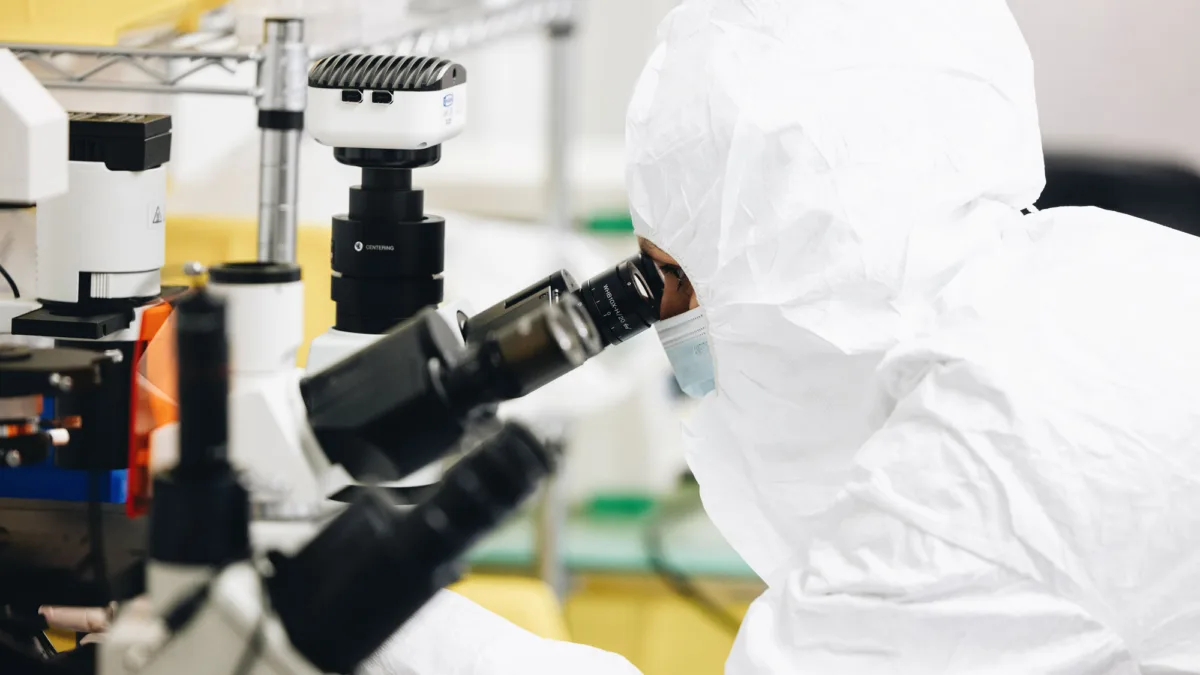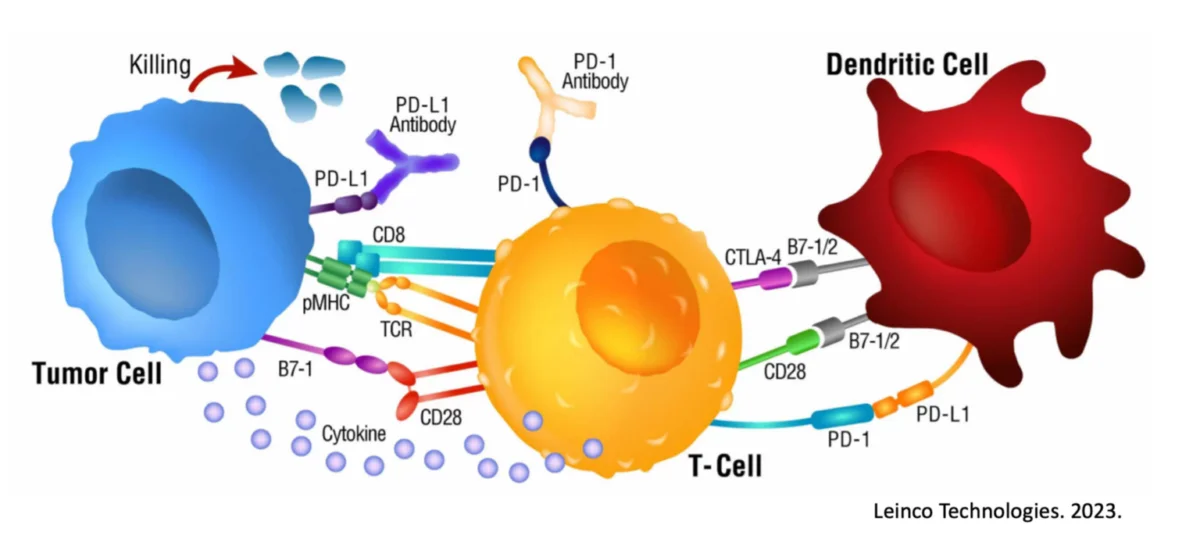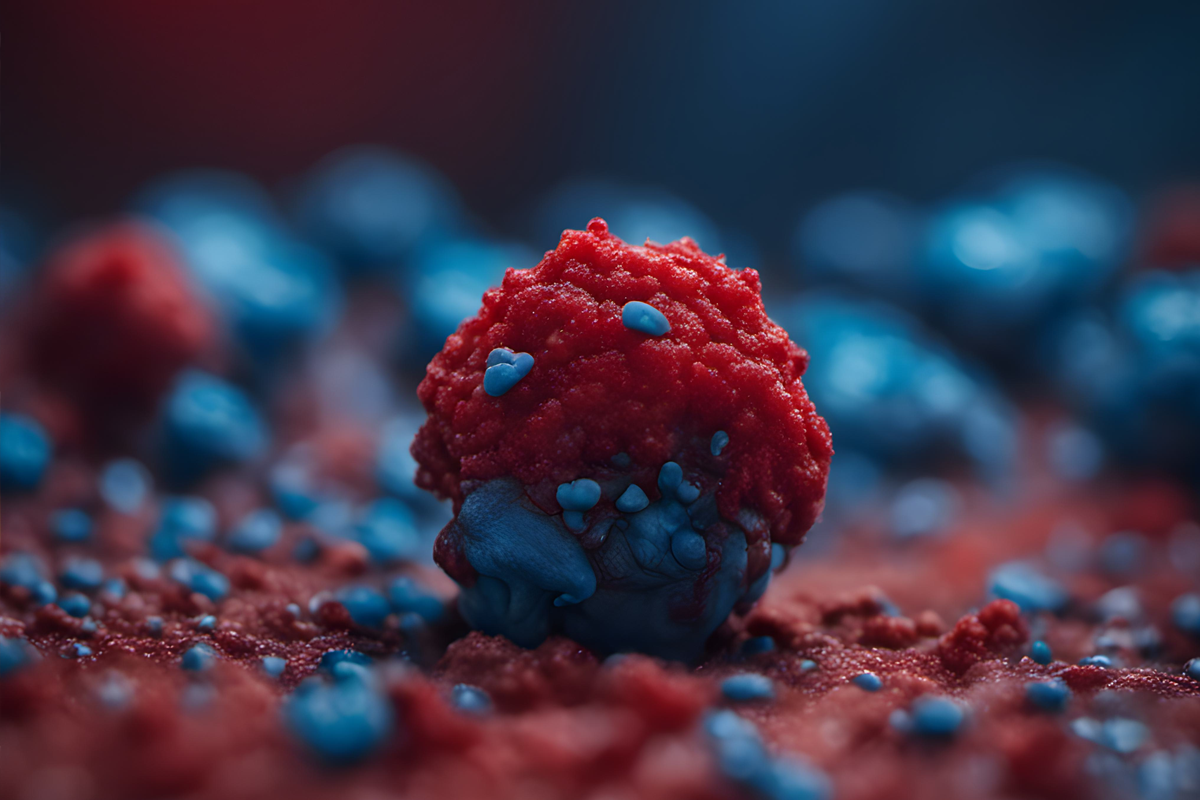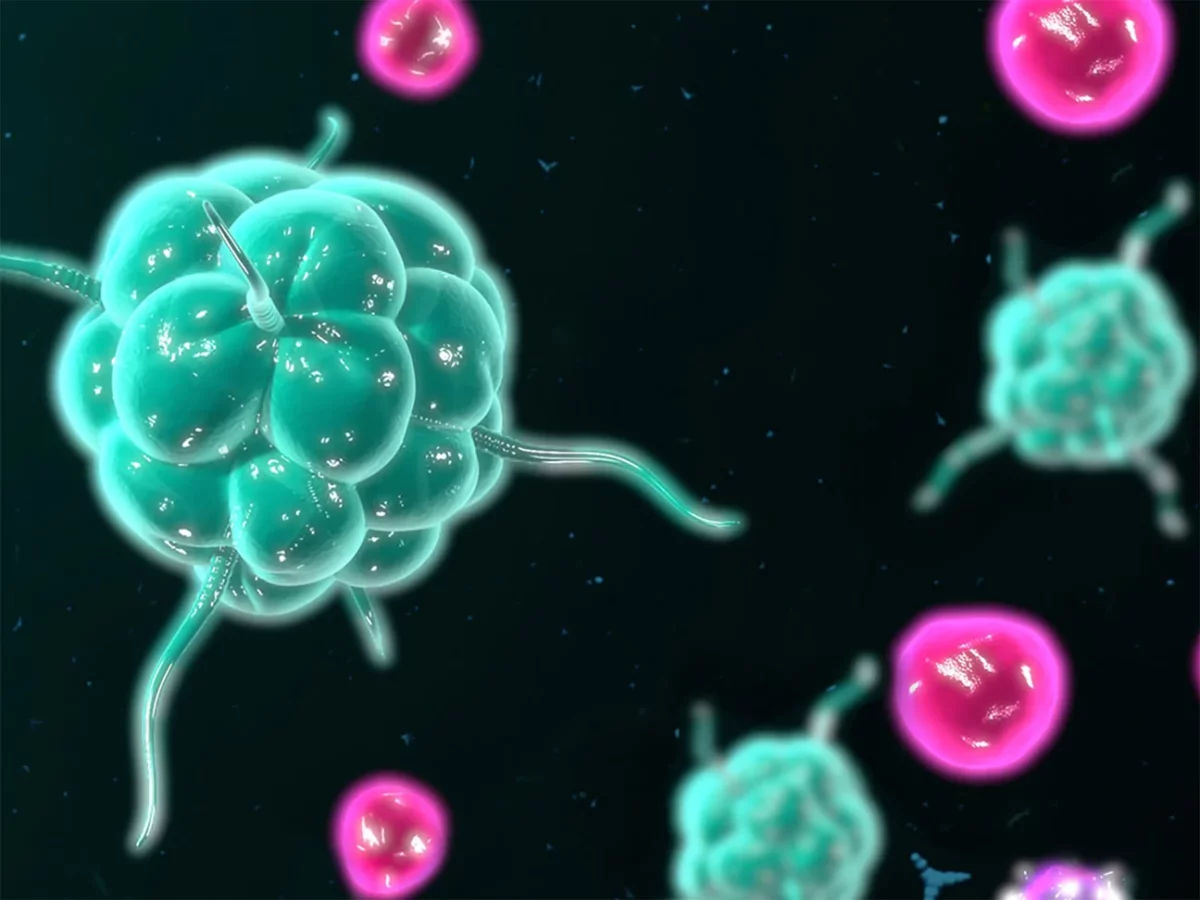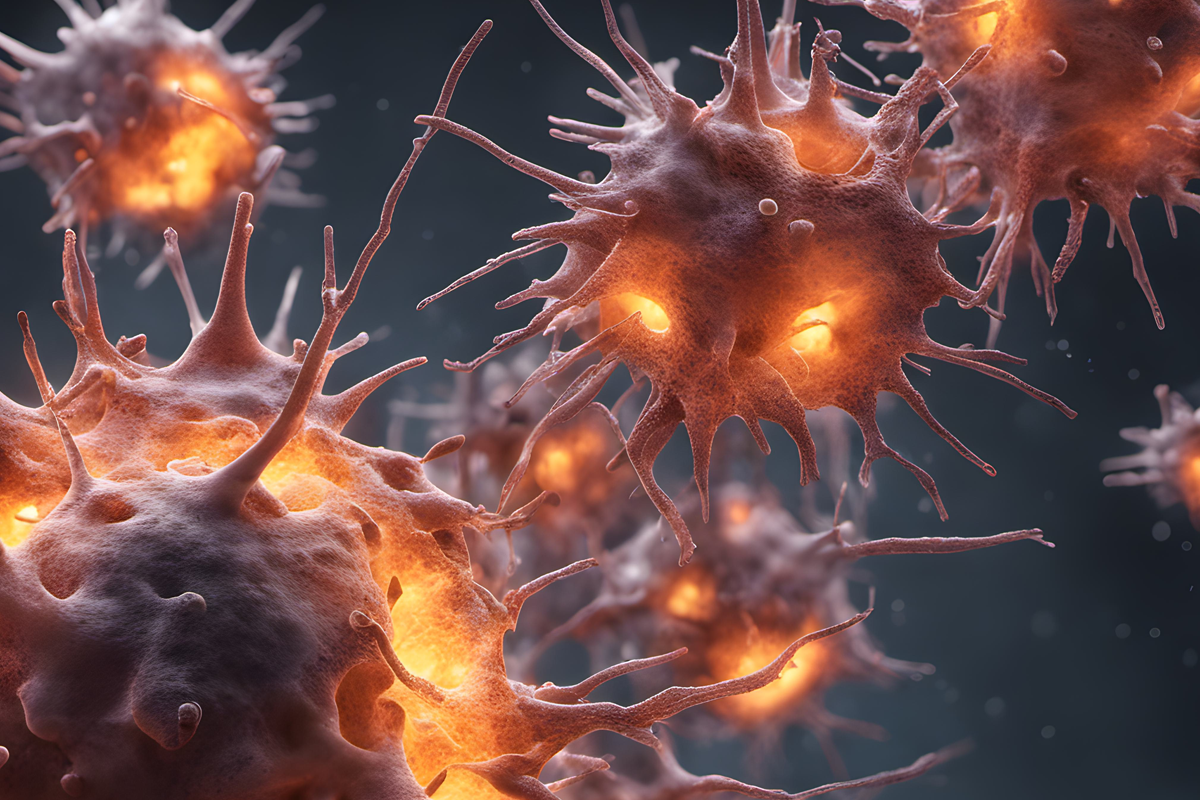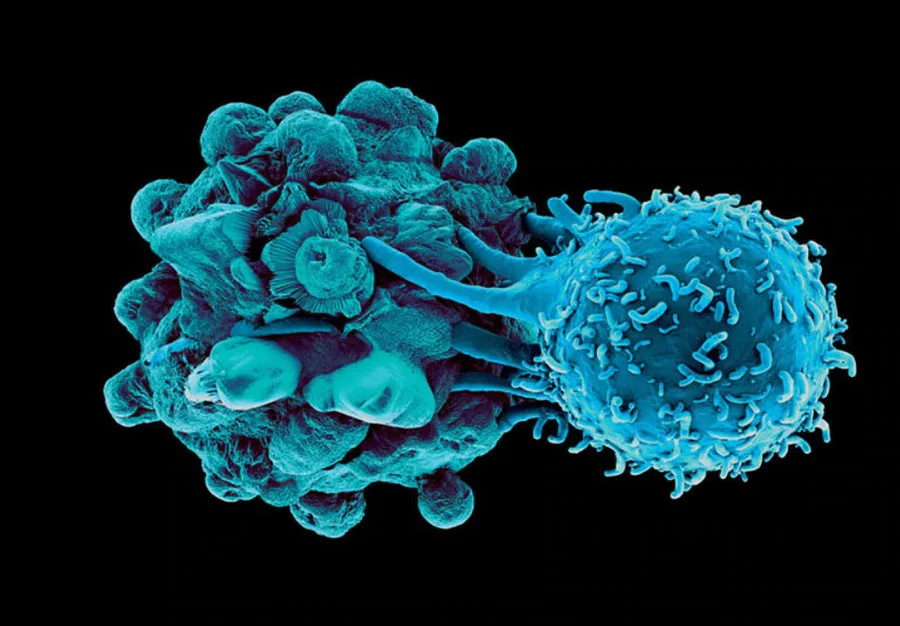Unraveling the Mystery of Cancer: A Journey through Basics and Advancements

Cancer, a word that evokes fear and uncertainty, has long been one of humanity’s most formidable adversaries. It is a complex group of diseases characterized by the uncontrollable growth and spread of abnormal cells in the body1. In this post, we will delve into the fundamentals of cancer, its interaction with the immune system, its ability to evade standard treatments, and the remarkable advancements made in the fight against cancer over the past decade.
What is Cancer?
Cancer originates from the genetic mutations that cause cells to grow uncontrollably, forming tumors or spreading to other parts of the body (metastasis)2, 3. Mutations can be acquired through lifestyle factors, exposure to harmful substances, or inherited genetic predispositions. There are numerous types of cancer, each with its unique characteristics, affected organs, and symptoms. The most common types include breast cancer, lung cancer, prostate cancer, colorectal cancer, and skin cancer4.
Cancer and the Immune System:
The immune system plays a crucial role in identifying and destroying abnormal cells, including cancer cells. However, cancer can evade the immune system through several mechanisms. One such way is by expressing specific molecules that suppress the immune response, effectively putting the brakes on immune cells’ attack against cancer cells5, 6. This process is known as immune checkpoint regulation. Moreover, cancer cells can disguise themselves to appear as normal cells, avoiding detection by immune cells7. This ability to escape the immune system enables cancer cells to thrive and continue their uncontrolled growth.
Overcoming Standard Treatments:
Conventional cancer treatments, such as surgery, chemotherapy, and radiation therapy, have been the primary means of combating cancer for decades. While these treatments have had success in many cases, cancer’s ability to adapt and evolve often leads to treatment resistance8. Chemotherapy, for instance, targets rapidly dividing cells, which includes cancer cells. However, it can also affect healthy cells that rapidly divide, like hair follicles and cells lining the gastrointestinal tract, leading to adverse side effects9. Additionally, some cancer cells can develop resistance to chemotherapy drugs over time, making treatment less effective. Similarly, radiation therapy damages the DNA of cancer cells to prevent them from growing and dividing. But some cancer cells may repair this damage, reducing the therapy’s effectiveness10.
Advancements in the Past Decade:
The past decade has witnessed remarkable strides in cancer research and treatment:
a. Immunotherapy: Immunotherapy is a revolutionary approach that harnesses the power of the immune system to fight cancer. It includes checkpoint inhibitors11, monoclonal antibodies12, adoptive T-cell therapy13, and Dendritic Cell vaccines14. These treatments can help unleash the immune system’s potential to recognize and attack cancer cells more effectively.
b. Targeted Therapies: Targeted therapies focus on specific molecules that drive cancer growth. By targeting these molecules, these therapies can be more precise and cause less harm to healthy cells15.
c. CAR-T Cell Therapy: Chimeric Antigen Receptor T-cell therapy (CAR-T) involves genetically modifying a patient’s T-cells to recognize and attack cancer cells expressing specific antigens. This personalized treatment has shown promising results in certain types of blood cancers16.
d. Dendritic cells have the potential to play a pivotal role in fighting cancer when utilized correctly. Dendritic cells are a specialized type of immune cell responsible for presenting antigens to other immune cells, thus initiating an immune response against threats, including cancer cells. In cancer immunotherapy, researchers are exploring ways to harness the power of dendritic cells by isolating them from a patient’s blood, loading them with cancer-specific antigens, and then reintroducing them into the body. Once re-introduced, these “armed” dendritic cells can effectively prime the immune system to recognize and attack cancer cells bearing the same antigens, turning the body’s immune response into a targeted and potent anti-cancer weapon. This approach, known as dendritic cell-based immunotherapy, holds great promise and has shown encouraging results in preclinical studies and early-stage clinical trials17, 18.
e. Liquid Biopsies: Liquid biopsies have emerged as a less invasive alternative to traditional tissue biopsies. By analyzing blood samples for fragments of DNA shed by tumors, liquid biopsies can provide valuable information about cancer mutations and treatment response19.
f. Precision Medicine: With advancements in genomics and molecular profiling, precision medicine tailors treatments to an individual’s unique genetic makeup, increasing the chances of a successful outcome20.
Conclusion:
While cancer continues to pose significant challenges, our understanding of its complexities and the immune system’s interactions has paved the way for revolutionary treatments. From immunotherapy to precision medicine, the last decade has brought forth groundbreaking advancements that offer hope for improved outcomes and better quality of life for cancer patients. As we continue to unravel the mysteries of cancer, collaboration among researchers, healthcare professionals, and patients will be key to driving further progress in the fight against this formidable disease.
References
1. Hursting, S.D., Slaga, T.J., Fischer, S.M., DiGiovanni, J. & Phang, J.M. Mechanism-based cancer prevention approaches: targets, examples, and the use of transgenic mice. J Natl Cancer Inst 91, 215-225 (1999).
2. Chevallier, M., Borgeaud, M., Addeo, A. & Friedlaender, A. Oncogenic driver mutations in non-small cell lung cancer: Past, present and future. World J Clin Oncol 12, 217-237 (2021).
3. Santarpia, L. et al. Deciphering and Targeting Oncogenic Mutations and Pathways in Breast Cancer. Oncologist 21, 1063-1078 (2016).
4. Mattiuzzi, C. & Lippi, G. Current Cancer Epidemiology. J Epidemiol Glob Health 9, 217-222 (2019).
5. Setlai, B.P. et al. Immunosuppressive Signaling Pathways as Targeted Cancer Therapies. Biomedicines 10 (2022).
6. Tie, Y., Tang, F., Wei, Y.Q. & Wei, X.W. Immunosuppressive cells in cancer: mechanisms and potential therapeutic targets. J Hematol Oncol 15, 61 (2022).
7. T, G.S. Innate and adaptive immune cells in Tumor microenvironment. Gulf J Oncolog 1, 77-81 (2021).
8. Mansoori, B., Mohammadi, A., Davudian, S., Shirjang, S. & Baradaran, B. The Different Mechanisms of Cancer Drug Resistance: A Brief Review. Adv Pharm Bull 7, 339-348 (2017).
9. Altun, I. & Sonkaya, A. The Most Common Side Effects Experienced by Patients Were Receiving First Cycle of Chemotherapy. Iran J Public Health 47, 1218-1219 (2018).
10. Fukui, R. et al. Tumor radioresistance caused by radiation-induced changes of stem-like cell content and sub-lethal damage repair capability. Sci Rep 12, 1056 (2022).
11. Thallinger, C. et al. Review of cancer treatment with immune checkpoint inhibitors : Current concepts, expectations, limitations and pitfalls. Wien Klin Wochenschr 130, 85-91 (2018).
12. Zahavi, D. & Weiner, L. Monoclonal Antibodies in Cancer Therapy. Antibodies (Basel) 9 (2020).
13. Perica, K., Varela, J.C., Oelke, M. & Schneck, J. Adoptive T cell immunotherapy for cancer. Rambam Maimonides Med J 6, e0004 (2015).
14. Yu, J., Sun, H., Cao, W., Song, Y. & Jiang, Z. Research progress on dendritic cell vaccines in cancer immunotherapy. Exp Hematol Oncol 11, 3 (2022).
15. Lee, Y.T., Tan, Y.J. & Oon, C.E. Molecular targeted therapy: Treating cancer with specificity. Eur J Pharmacol 834, 188-196 (2018).
16. Han, D., Xu, Z., Zhuang, Y., Ye, Z. & Qian, Q. Current Progress in CAR-T Cell Therapy for Hematological Malignancies. J Cancer 12, 326-334 (2021).
17. Filin, I.Y., Kitaeva, K.V., Rutland, C.S., Rizvanov, A.A. & Solovyeva, V.V. Recent Advances in Experimental Dendritic Cell Vaccines for Cancer. Front Oncol 11, 730824 (2021).
18. Konduri, V. et al. Dendritic cell vaccination plus low-dose doxorubicin for the treatment of spontaneous canine hemangiosarcoma. Cancer Gene Ther 26, 282-291 (2019).
19. Nikanjam, M., Kato, S. & Kurzrock, R. Liquid biopsy: current technology and clinical applications. J Hematol Oncol 15, 131 (2022).
20. Tsimberidou, A.M., Fountzilas, E., Nikanjam, M. & Kurzrock, R. Review of precision cancer medicine: Evolution of the treatment paradigm. Cancer Treat Rev 86, 102019 (2020).
READ THIS NEXT
Defying a 1% Prognosis: Pete’s Fight Against a Rare Brain Cancer
When Pete was diagnosed with a Grade 4 diffuse astrocytoma, doctors told him he had a 1% chance of being alive in eight months. Th
Read MoreGary’s Incredible Journey from Stage 4 Prostate Cancer to Recovery
With no symptoms, no pain, and no warning signs, Gary never expected anything was wrong. At 60, he was active, healthy, and preparing for a
Read MoreLearning How to Fight Cancer Ep. 5: Dr. Pete Sulack on Going From 1% Survival Odds to Remission
In Episode 5, Matt Halpert speaks with Dr. Pete Sulack, a clinician, author, and cancer patient whose remarkable journey offers both scienti
Read More
















